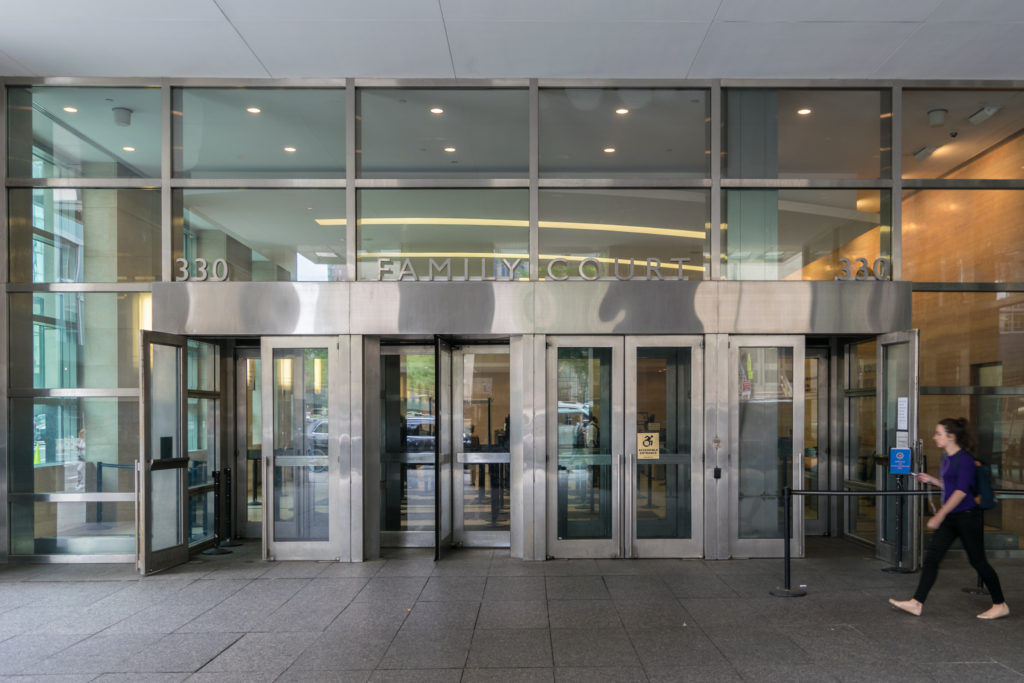New York City Family Court is hearing cases in five virtual courtrooms

Aside from the Criminal Court, New York City’s Family Court was the only court to stay open when the COVID-19 pandemic shut everything else down. Now, it is operating through five virtual courtrooms.
“We couldn’t take the risk of having the virus spread, but there was also never an option to close down,” said Hon. Jeanette Ruiz, the administrative judge for the New York City Family Court. “The question was, how do we do it in the new world and be able to maintain services and access to justice for people?”
Judge Ruiz explained that the court was at an advantage as it had always known that it would need to stay open during citywide catastrophes and had been implementing a digital plan over the years. With all files and notes pertaining to cases available digitally, the court managed to stay open while keeping judges, clerks and court officers home.

Brooklyn Boro
View MoreNew York City’s most populous borough, Brooklyn, is home to nearly 2.6 million residents. If Brooklyn were an independent city it would be the fourth largest city in the United States. While Brooklyn has become the epitome of ‘cool and hip’ in recent years, for those that were born here, raised families here and improved communities over the years, Brooklyn has never been ‘uncool’.